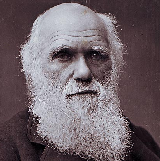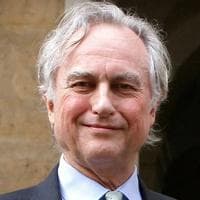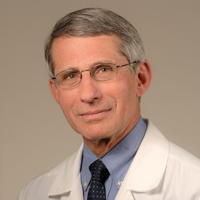Avicenna / Ibn Sina MBTI性格类型
性格
"Avicenna / Ibn Sina是什么人格? Avicenna / Ibn Sina是MBTI中的INTP人格类型,九型中的5w6 - so/sp - 521,五大类型中的RCOAI,Socionics中LII类型。"
The book he didn't get until he got a commentary from Al-Farabi (Abu Nasr Farabi in the Persian literature) is Metaphysics by Aristotle. That book is full of Aristotle's Te and Ni, everything is terse and requires the reader's subconscious mind to understand the meaning. What is not said in many Latin/English teachings is that he was tutored by Abu Abdollah Nateli (not sure if it's the correct spelling) in Geography, Math, and Philosophy. He required Abdollah to dig into the meanings and logic of those to teach him and it was only this way that he understood it. He found medicine just as hard as Metaphysics and math in theory and only reading and memorizing process, so he needed to put it into use to understand it exactly and how it works. Read his bio. Not only it helps you to see his life, but it's also a great read. https://en.m.wikipedia.org/wiki/Avicenna
背景
Avicenna (also Ibn Sīnā or Abu Ali Sina; c. 980 – June 1037) was a Persian polymath who is regarded as one of the most significant physicians, astronomers, thinkers and writers of the Islamic Golden Age. He has been described as the father of early modern medicineAvicenna is also called "the most influential philosopher of the pre-modern era".He was a peripatetic philosopher influenced by Aristotelian philosophy. Of the 450 works he is known to have written, around 240 have survived, including 150 on philosophy and 40 on medicine.His most famous works are The Book of Healing, a philosophical and scientific encyclopedia, and The Canon of Medicine, a medical encyclopedia which became a standard medical text at many medieval universities and remained in use as late as 1650.]Besides philosophy and medicine, Avicenna's corpus includes writings on astronomy, alchemy, geography and geology, psychology, Islamic theology, logic, mathematics, physics and works of poetry.He is remembered in the Western history of medicine as a major historical figure who made important contributions to medicine and the European Renaissance.













